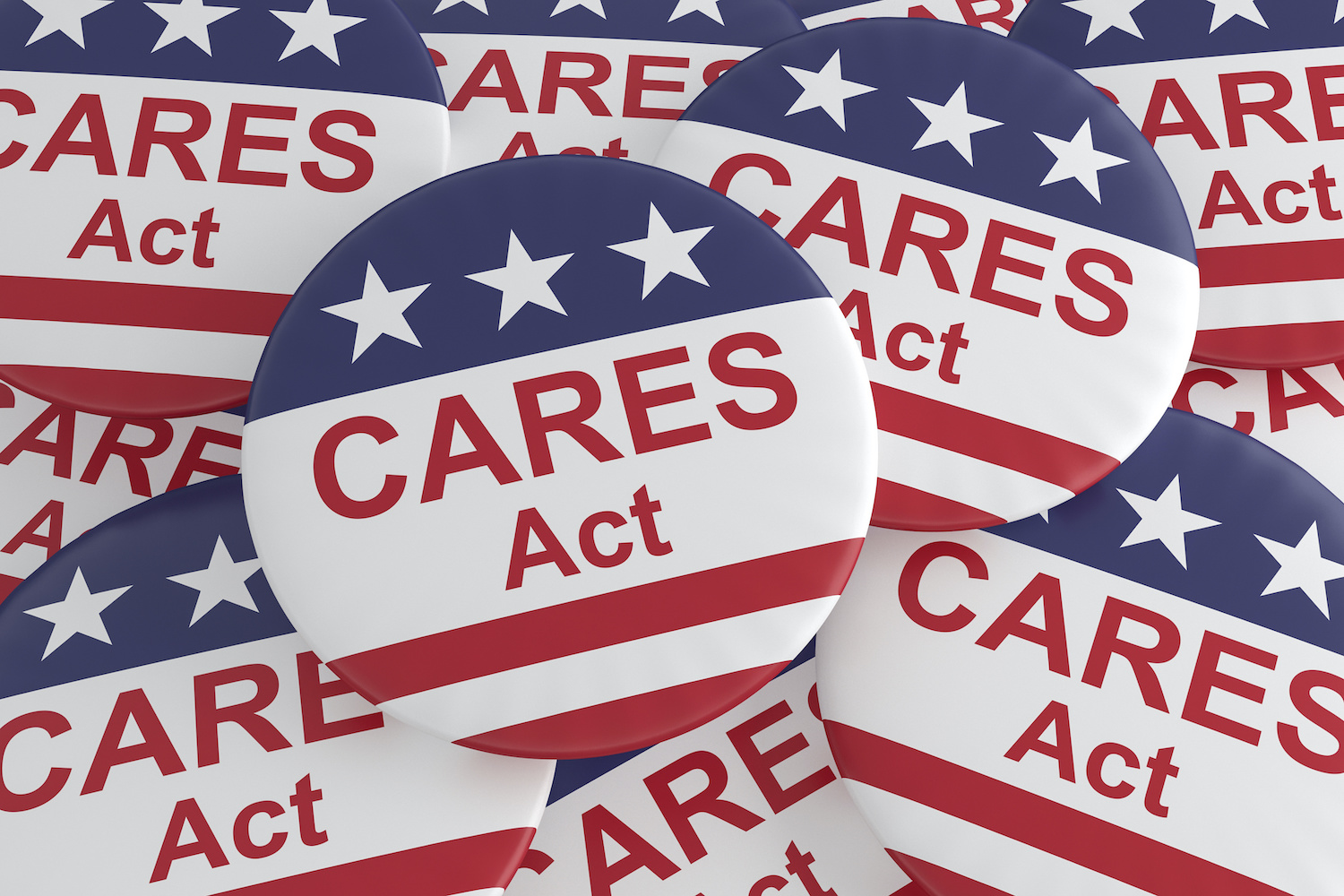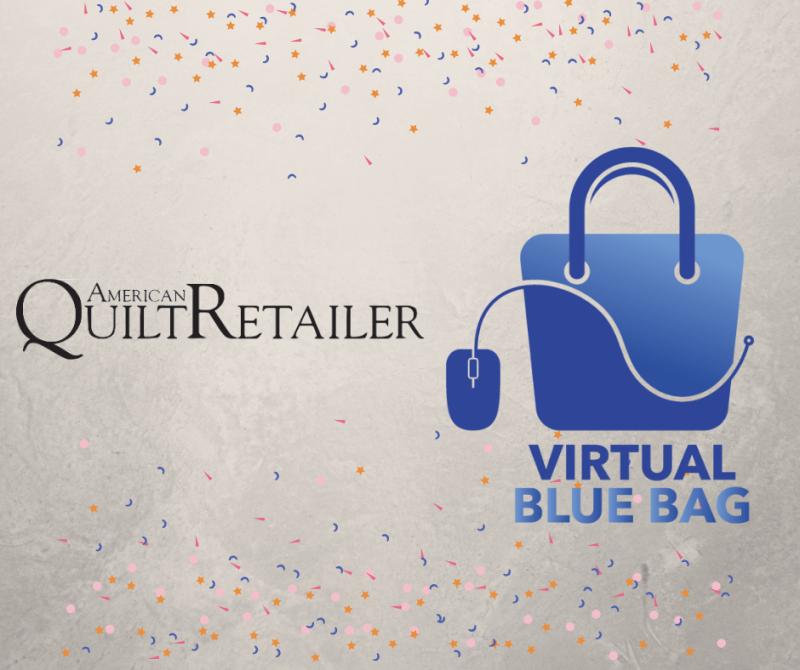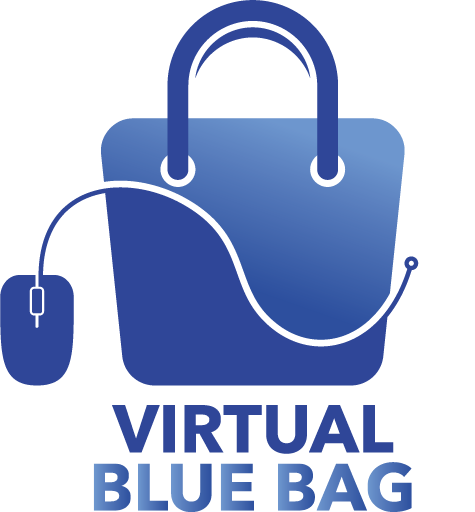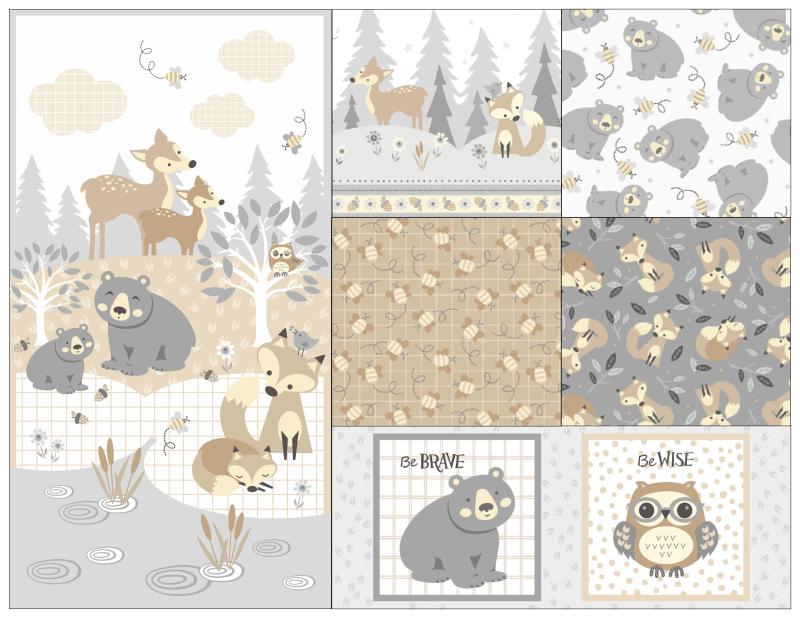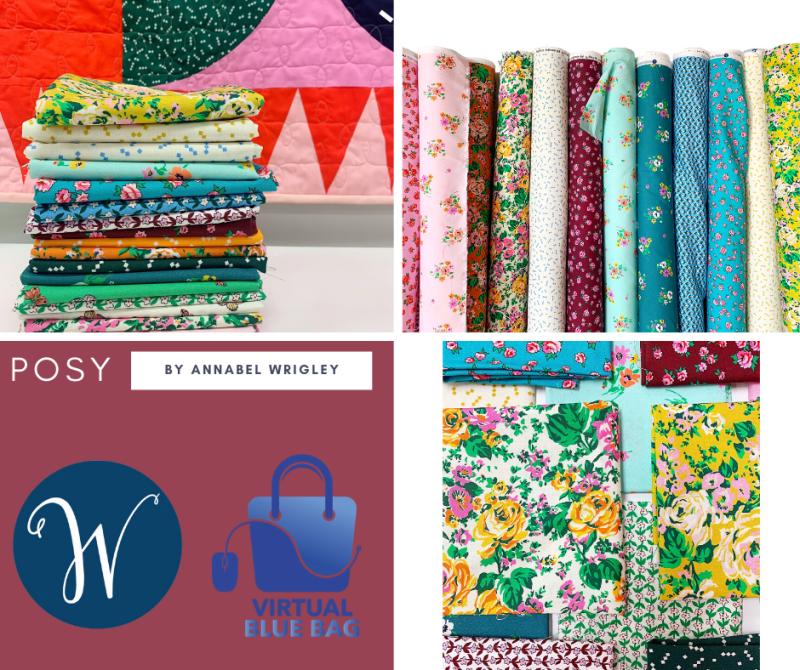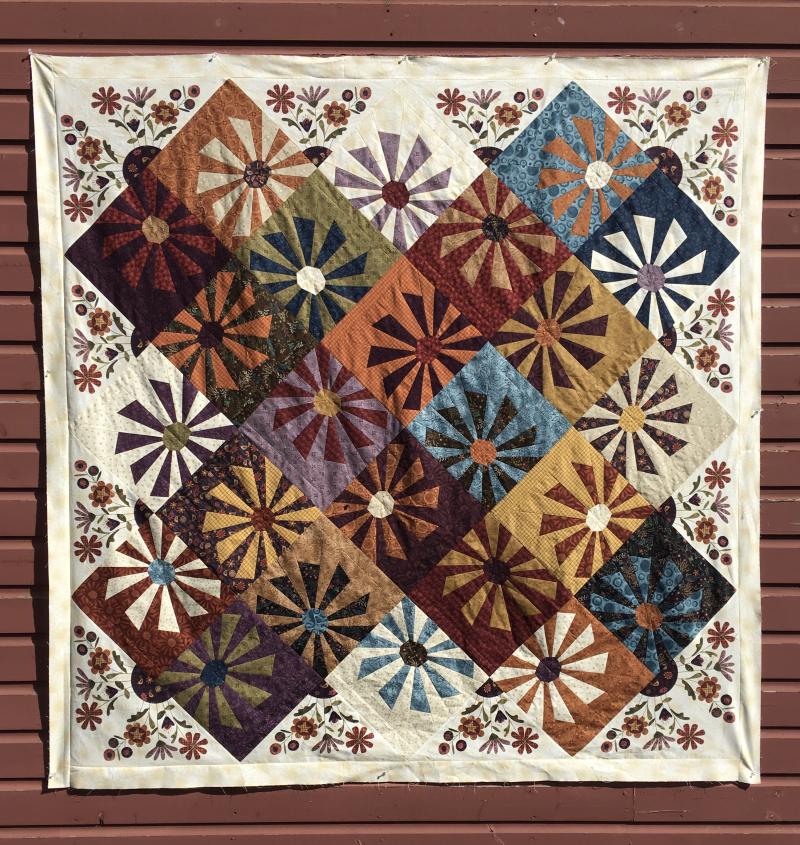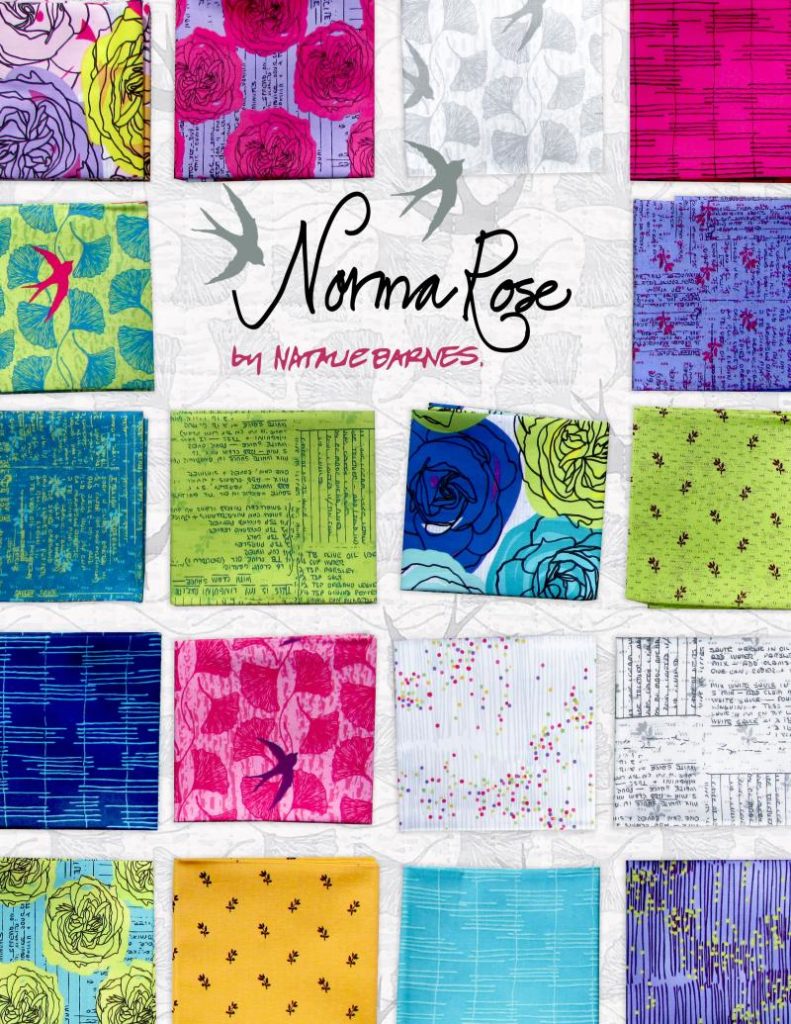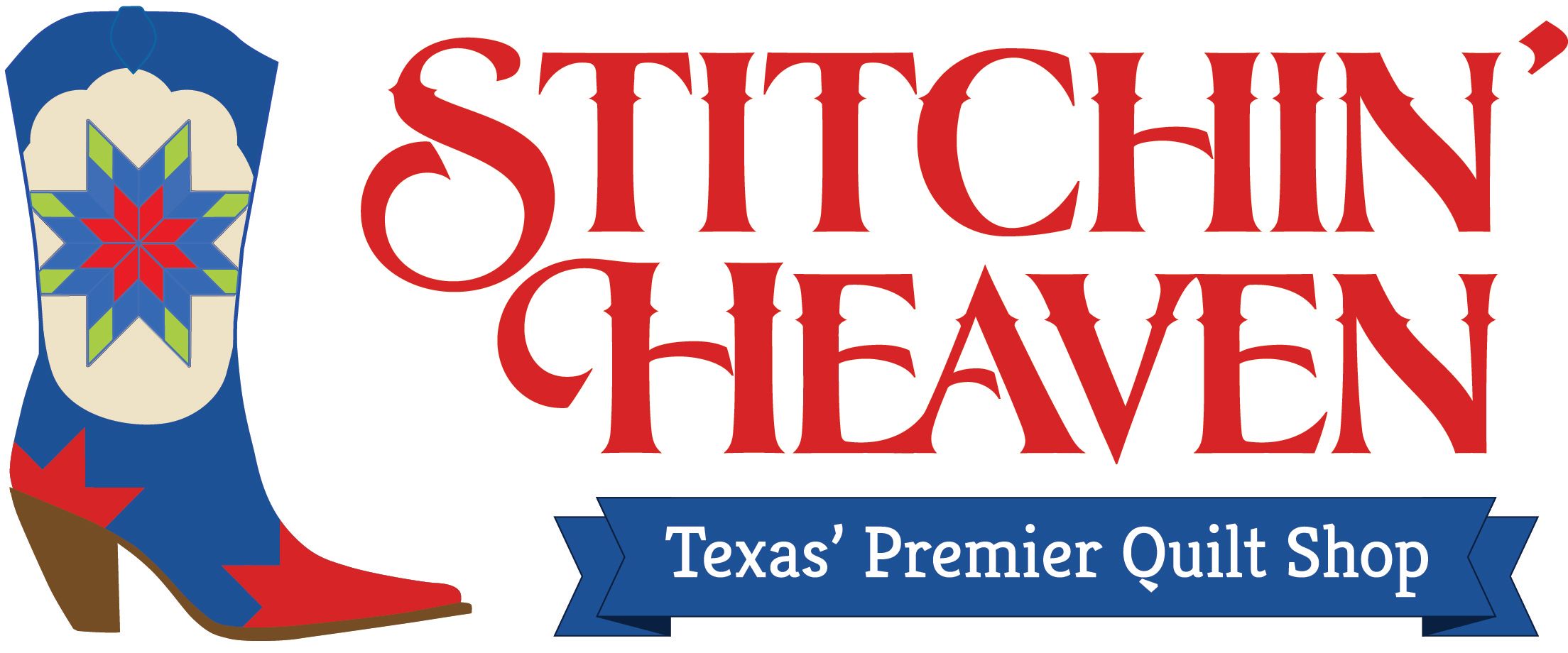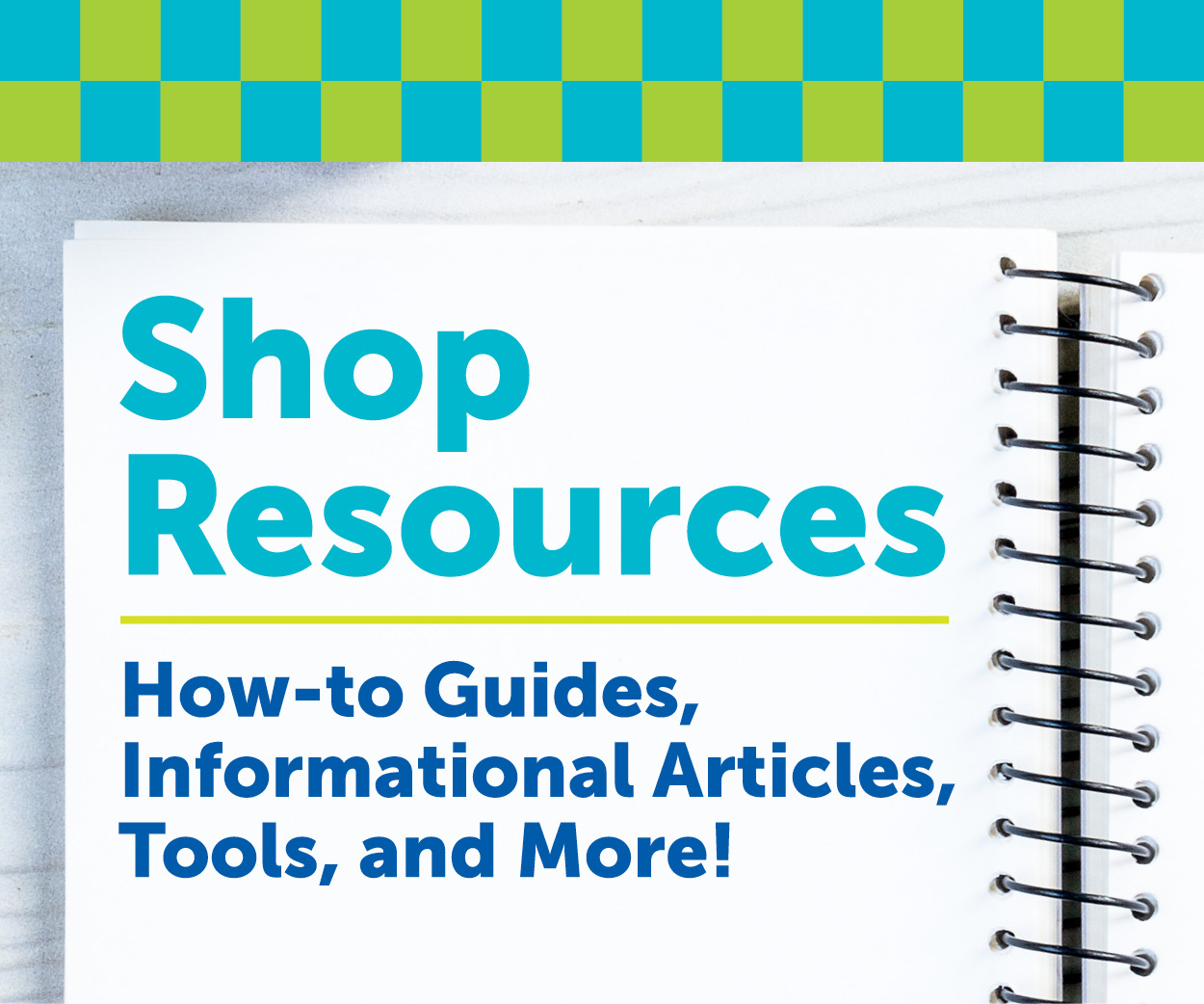
Every business owner know the CARES Act provides financial relief for small business. Less talked about however, are the tax credits available for this upcoming tax season. Check out the nine tax changes below so you can start your record keeping today.
Employee Retention Tax Credit
Businesses are eligible for the Employee Retention Tax Credit if operations were fully or partially suspended due to COVID-19, or if gross receipts declined by more than 50% compared to the same quarter last year.
Eligible business can get a 50% tax credit on wages up to $10,000 per employee for wages paid from March 13, 2020 to December 31, 2020. To claim the credit, employers should report wages and health insurance costs on their quarterly tax returns starting the second quarter of 2020.
For more information, visit here.
Sick and Family Leave
The Families First Coronavirus Response Act (FFCRA) made big changes to the family leave policy for businesses with less than 500 employees. To reimburse employers for expenses incurred while providing paid sick leave, the CARES Act provides a refundable tax credit of up to 100% of the amount paid, paid quarterly.
Check out this article from the Small Business Administration for more information. This article includes information from the Treasury on how they can help with cash flow.
Delayed Payroll Tax Payments
Any business that didn’t participate in the Payment Protection Program can delay payroll tax credits owed for 2020 over the next two years. You must pay half by the end of 2021, and the other half by the end of 2022.
Charitable Gift Deduction Expansion
Before the CARES Act, corporate charitable contributions could not exceed 10%. This has been expanded to 25%. Note the change is not automatic and must be elected.
Net Operating Loss Changes
Any business that had a net operating loss (NOL) for the years 2018-2020 can carry those for up to five years. You can also carry these NOLs for up to 20 years, but they will be subject to the 80% limitation. This is in hopes to improve cash flow and liquidity.
Business Loss Deduction Changes
The CARES Act halted the cap on deductions for business losses on individual returns for the years 2018-2020. Business owners who had losses during 2018 and 2019 can file amended returns to receive refunds.
Corporate AMT Credits
To improve cash flow, businesses supposed to receive an AMT tax credit at the end of 2021 can claim their refund now.
Changes in Interest Deductibles
The CARES Act allows businesses to increase their business interest expense deductions for 2019 and 2020. The increase went from up to 30% to up to 50% of adjustable taxable income.
Facility Improvement Write-Off
Thanks to a provision in the CARES Act, businesses who made improvements to a facility can immediately write off costs associated with improving the interior of a non-resident building. This basically expands the tax deduction for up to 100% of improvement costs, and the deductions can be made immediately.
To read more about this tax change, check out this article.
Information for this post came from the Small Business Administration.
If you’re looking for more information to guide you in owning a retail business, subscribe to American Quilt Retailer today. Already a subscriber? No worries—join our Facebook group for insights and dialogue from industry specialists like you.

